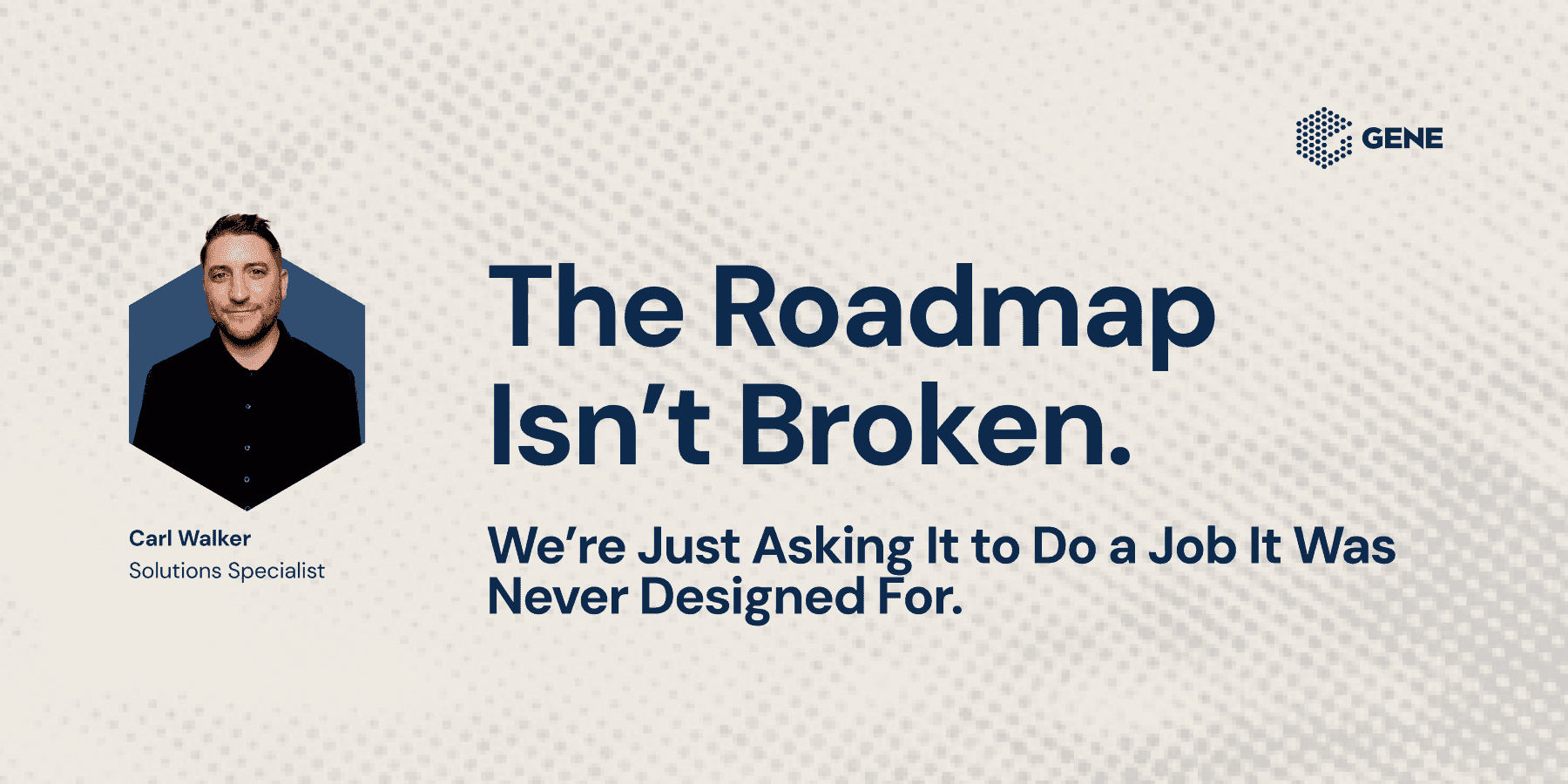
The Commercial Case for Culture
As someone who’s worked with C-suites across sectors, I’ve seen the long-term financial impact of culture done well, and the cost of getting it wrong. So let me put it plainly: good culture protects margin. It reduces overhead. It shortens time-to-value. It’s not a luxury - it’s operational infrastructure. And here’s the commercial case to prove it.
Written by:
Date:
Reading time:
Poor culture is expensive - quietly so
We often think of financial risk in terms of client or supplier contracts, margin compression, or failed implementations, but cultural misalignment carries its own hidden costs:
Employee churn costs businesses around £30,000 per employee lost, once you factor in recruitment, training, and lost productivity (Oxford Economics & Unum study).
Teams with poor engagement have 18% lower productivity and 37% higher absenteeism (Gallup, 2022).
Culture-related attrition is far more likely to affect your high performers - the very people you can least afford to lose.
At GENE, we’ve taken the opposite approach: invest upfront in culture that retains people, builds trust, and encourages ownership. The result? Delivery is smoother, hiring is more efficient, and the overheads that often bloat project teams - rework, miscommunication, burnout - are noticeably absent.

Hiring for cultural fit isn’t fluff
Cultural fit is often misunderstood as “someone we’d have a pint with.” It’s far more specific than that: we hire for mindset. For ownership, clarity, curiosity. We’re a remote-first agency with a high bar for technical quality, and that only works if people share the same approach to delivery and collaboration.
When you hire for technical skill only and ignore cultural alignment, you pay for it later. In missed handovers. In poorly scoped work. In clients needing to be “managed” rather than supported. In tension that slows down entire teams.
Hiring someone who can contribute to a psychologically safe, feedback-led, high-trust environment saves you thousands and unlocks a lot of revenue. Because teams like that ship better work, faster.

Trust is cheaper than control
One of the best financial decisions a company can make is to trust its people.
GENE doesn’t run tracking software. We don’t count Slack pings. We measure outcomes. We give people space to work where they work best, whether that’s a focused Tuesday in their home office or a strategy day in London.
This isn’t just values-driven. It’s cost-effective.
According to a 2023 CIPD study, flexible working reduces absenteeism, improves retention, and contributes to a 25–30% uplift in productivity when properly supported. Not to mention the real estate costs avoided, the commuting time recouped, or the mental headspace gained.

Culture can’t be copied, but its value can be measured
Our culture is what keeps top staff here for over a decade. It’s what wins us repeat work from clients who say things like “you feel like an extension of our team.” And it’s what lets us grow sustainably, even during the periods most agencies are downsizing.
Here’s what that means, commercially:
We have extremely low voluntary attrition compared to industry averages.
Our onboarding time for new hires is shorter, because they arrive into clarity.
Our project teams deliver more value, with fewer blockers.
And our support model runs efficiently, because engineers aren’t constantly firefighting.
This isn’t accidental. It’s cultural engineering with operational payoff.
If you’re a CFO, COO or CEO still on the fence…
Culture might feel abstract, but so did ESG, automation, and UX once upon a time.
If you’re serious about long-term margin, quality delivery, and building a business that doesn’t burn itself out to grow, then culture is not just your HR team’s problem. It’s yours.
Culture is a financial asset - when you treat it like one.
Want to work with a team that treats culture as infrastructure?
We’re always open to conversations with commercially minded partners and exceptional people.
Related Blog Posts

Resources
© 2026 Gene Commerce Ltd









